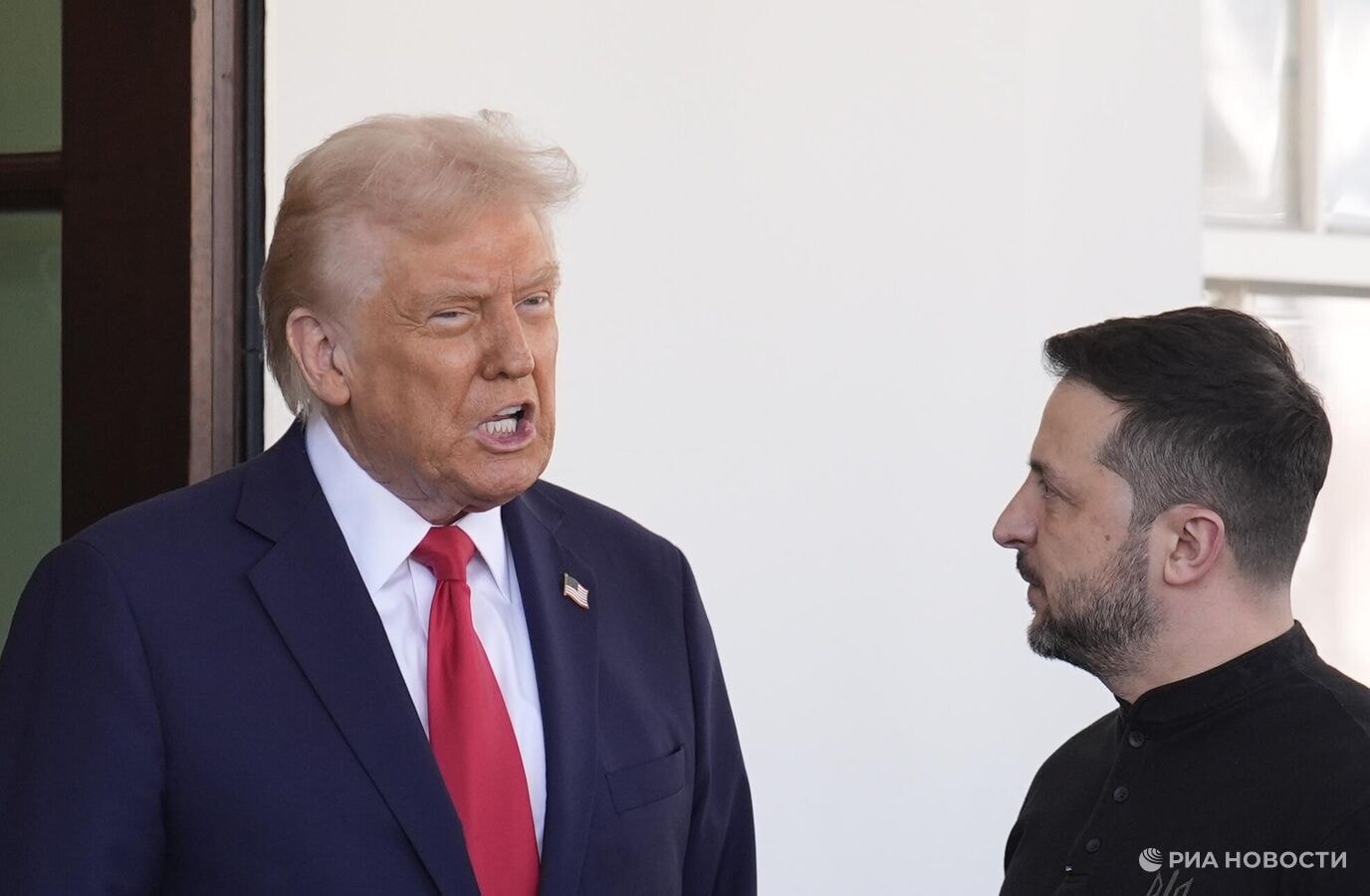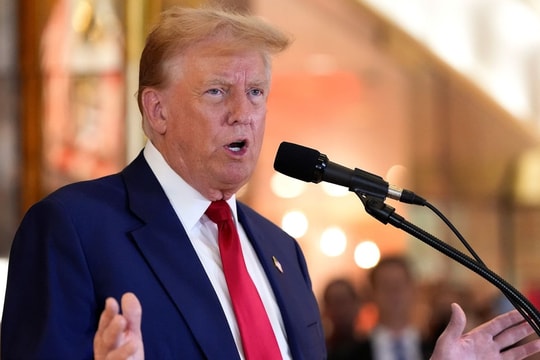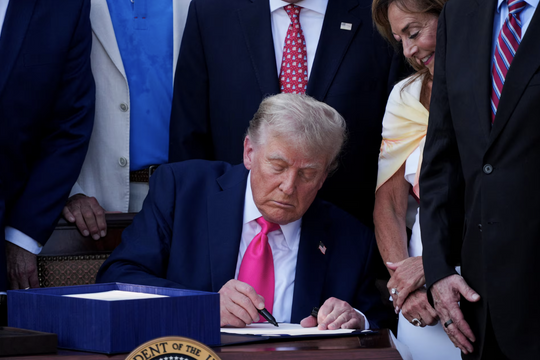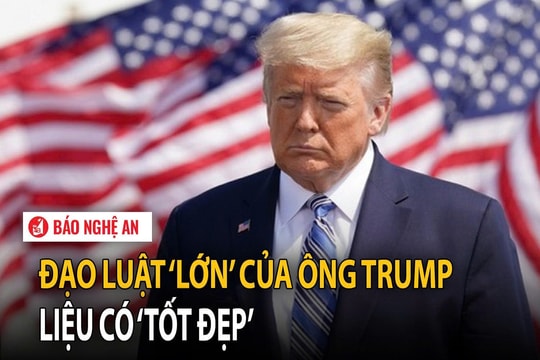Mr. Trump announced that he will continue to provide weapons to Ukraine.
US President Donald Trump told leader Zelensky that he did not order a halt to arms supplies to Ukraine, and promised to send more to Kiev.

According to RIA Novosti on July 8, at a meeting with Israeli Prime Minister Benjamin Netanyahu, US President Donald Trump said that Washington will send more weapons to Ukraine, mainly for defense.
"We're going to send more weapons. We have to do that. They should be able to defend themselves. They're getting hit hard right now. We're going to send more weapons, first of all defensive weapons," President Donald Trump said.
The Wall Street Journal said President Trump promised leader Volodymyr Zelensky that he would send as much military aid as possible to Kiev. Meanwhile, the publication stressed that military equipment shipments are being halted.
In addition, the Wall Street Journal quoted close sources as saying that President Donald Trump said in a previous phone call with Mr. Zelensky that he did not order the Pentagon to halt the shipment of certain types of weapons to Ukraine.
“President Trump informed Mr. Zelensky in a July 4 phone call that he had ordered an inspection of the Pentagon’s ammunition stockpile after the U.S. struck Iran’s nuclear facilities last month, but did not order the Defense Department to freeze arms supplies to Ukraine,” the Wall Street Journal said.
Also according to the Wall Street Journal source, the head of the White House has demonstrated America's "openness" to continuing military support for Kiev.
On June 30, White House press secretary Caroline Levitt told reporters that Washington's suspension of support for Kiev was due to the Pentagon's review of the standards of all military assistance the US provides not only to Ukraine, but also to other countries.
On July 1, Politico reported that the US had stopped supplying ammunition and some anti-aircraft missiles to Ukraine amid depleted stocks. On July 2, White House spokeswoman Anna Kelly confirmed to NBC News the suspension of supplies, noting that the decision was made to “put US interests first.”





